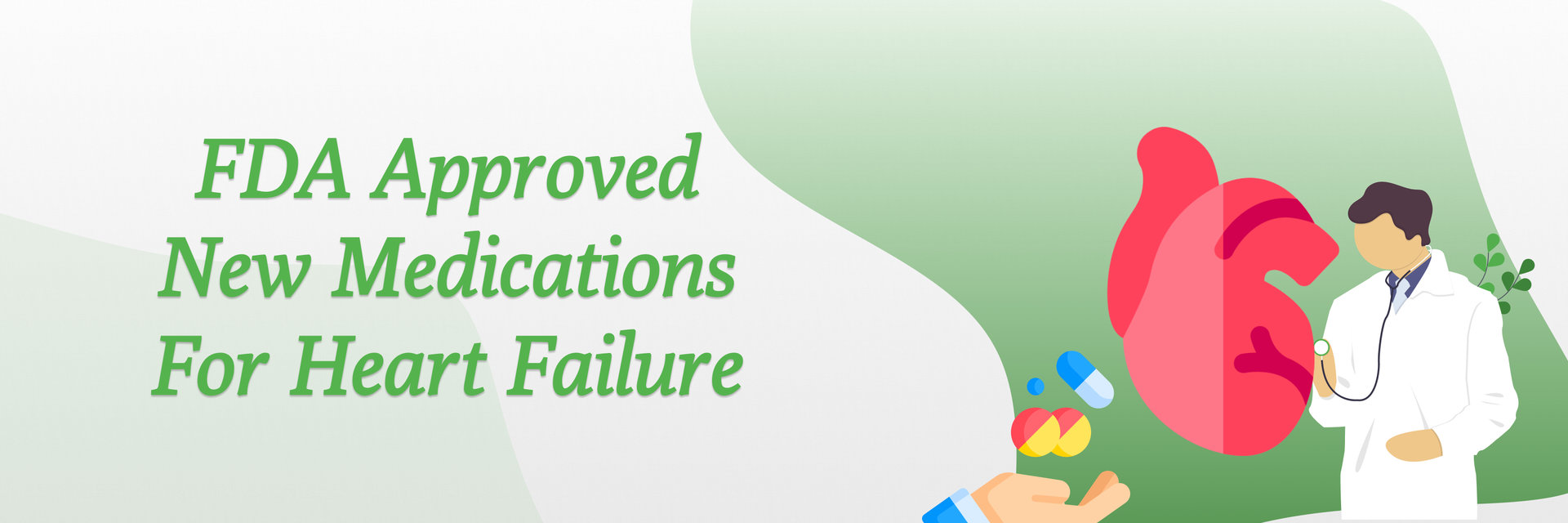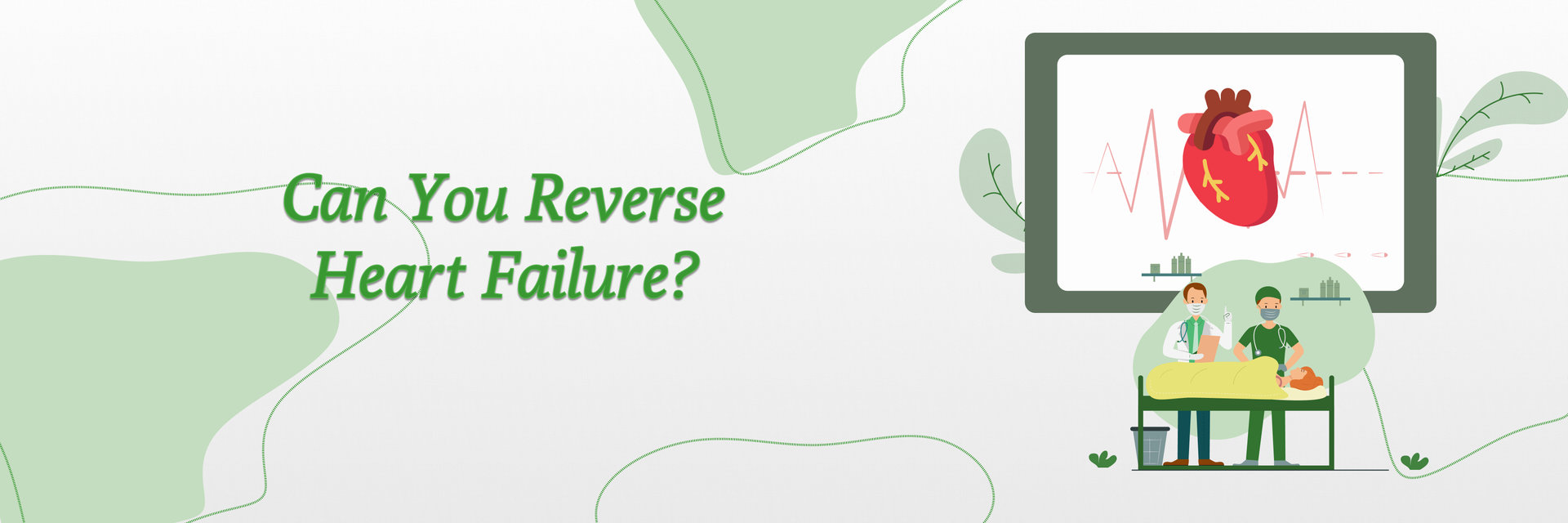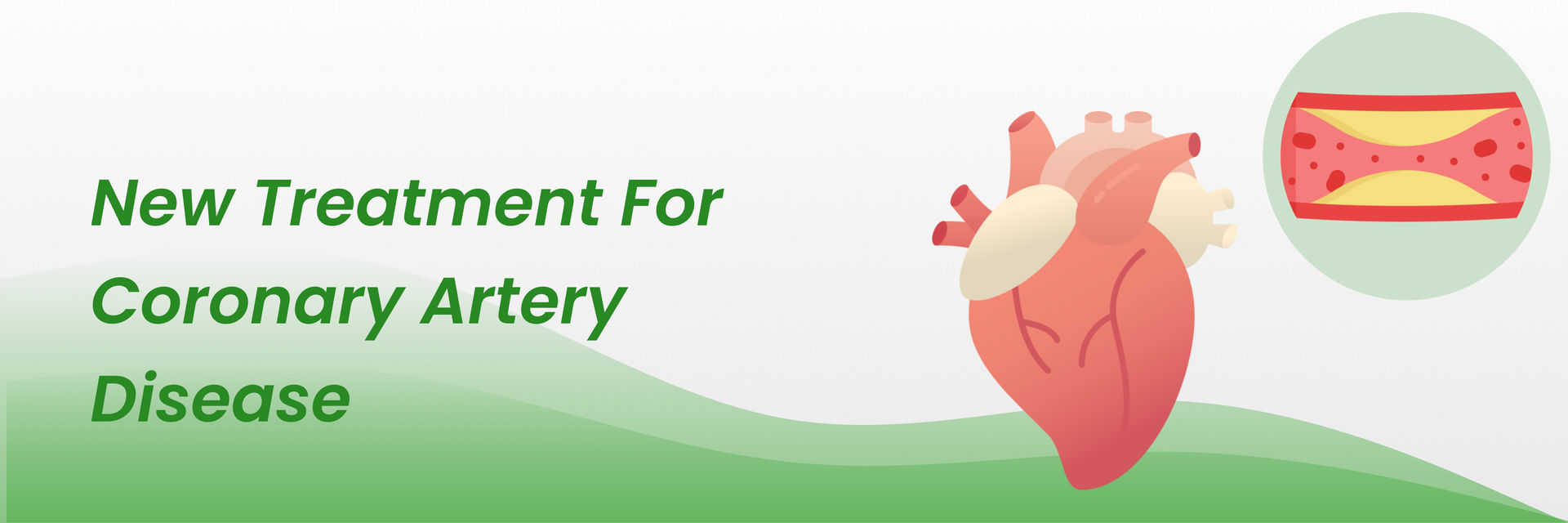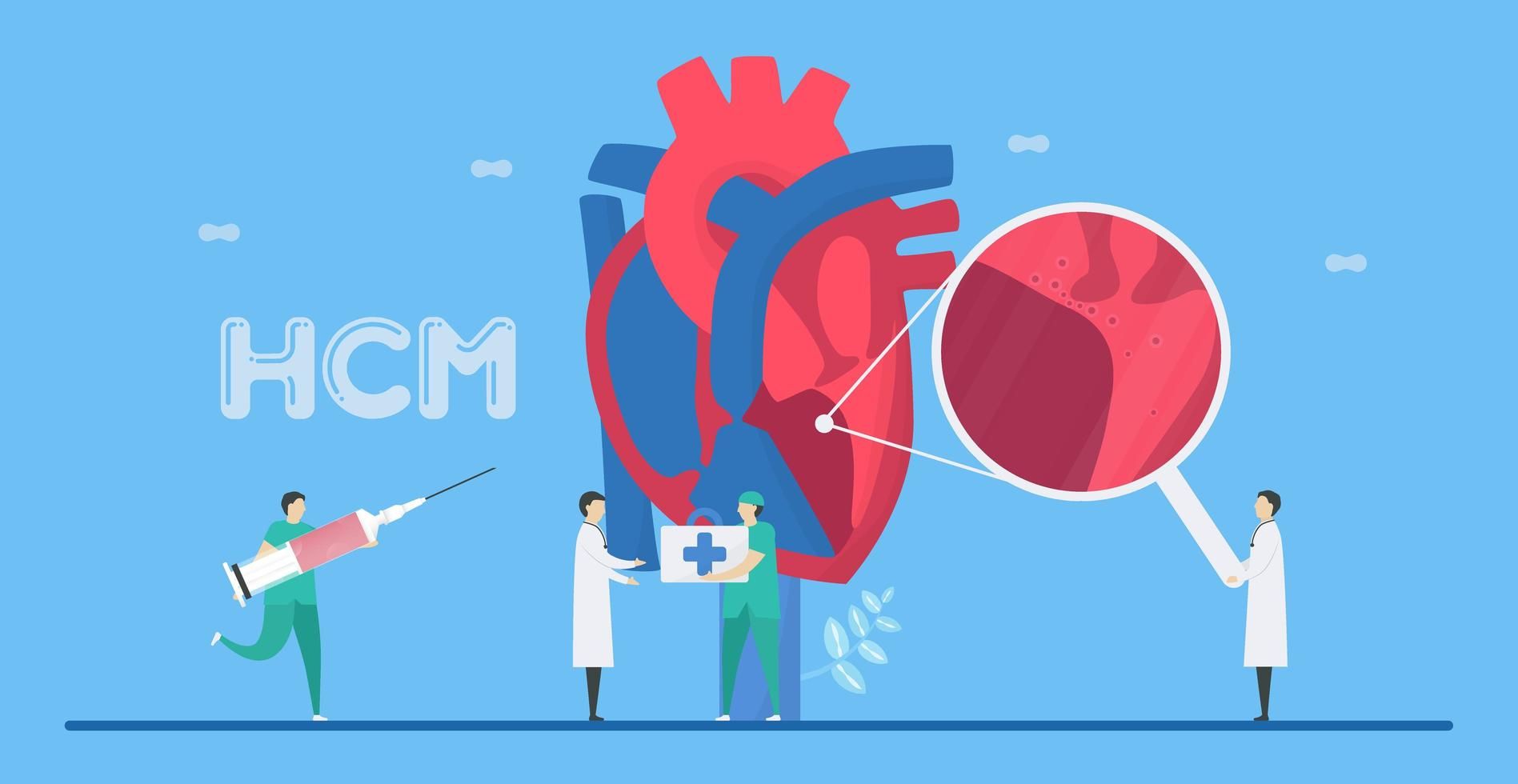Overview
The surgery is called a "triple bypass" because it involves bypassing three blocked or narrowed coronary arteries. Triple bypass open heart surgery is a procedure used to treat severe blockages in three of the major arteries that supply blood to the heart. During the surgery, the blocked or narrowed arteries are bypassed and re-routed around the blockage to increase blood flow to the heart muscle. This procedure can help reduce the risk of a heart attack, relieve chest pain, and improve the quality of life for those with blocked arteries.
In this procedure, the surgeon makes three incisions in the chest and then replaces or bypasses the blocked or narrowed coronary arteries with healthy blood vessels taken from other parts of the body. This is done to improve blood flow to the heart muscle. The procedure typically takes three to five hours and involves the use of various surgical instruments and a heart-lung bypass machine. After the procedure, the patient has to stay in the hospital for four to seven days for recovery and monitoring. After the surgery, patients will need to make lifestyle changes to reduce their risk of heart disease.
According to Mr. Rad Swierkowski, the founder of Tapping School,
“Triple bypass open heart surgery is a treatment used for coronary artery disease, that is caused by buildup of plaque in the arteries that supply blood to the heart. This condition can lead to chest pain, shortness of breath, and in severe cases, heart attack. So, when other treatments are no more effective, in that case triple bypass open heart surgery is recommended.”
Confused and wondering is triple bypass surgery the same as open heart surgery?
Get your doubts cleared in the following section!
Triple bypass surgery and open heart surgery
Triple bypass surgery and open heart surgery are both surgical procedures that are used to treat patients with severe blockages in the coronary arteries, which are the blood vessels that supply oxygen-rich blood to the heart. However, there is some key difference between triple bypass and open heart surgery.
- Triple bypass surgery, also known as coronary artery bypass grafting (CABG). It involves creating a bypass route around the blocked artery using a piece of healthy blood vessel taken from another part of the body. The surgery is called a "triple bypass" because it involves bypassing three blocked or narrowed coronary arteries.
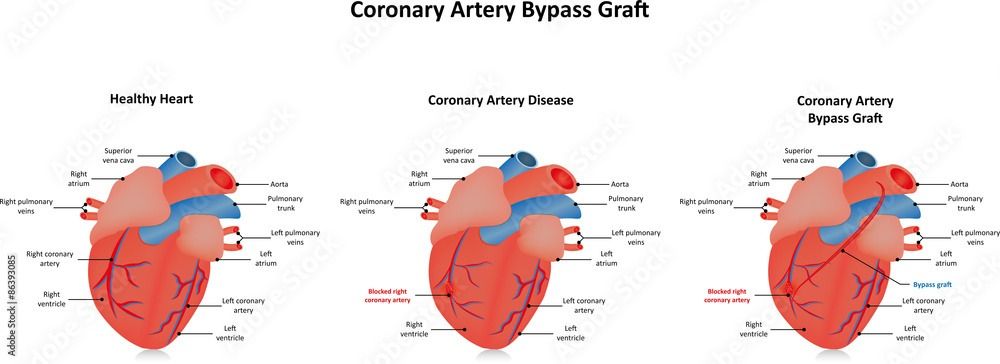
- Open heart surgery, on the other hand, refers to any surgical procedure that is performed on the heart while the patient is under general anesthesia and the heart is stopped or slowed down. This allows the surgeon to operate on the heart directly. Open heart surgery can be used to treat a variety of conditions, including coronary artery disease, heart valve problems, and congenital heart defects.
Both triple bypass surgery and open heart surgery are major procedures that carry risks, such as bleeding, infection, and complications related to the use of general anesthesia. The length of the procedure and the recovery time can vary depending on the specific procedure and the patient's individual circumstances.
Does triple bypass open heart surgery save lives & how?
Triple bypass surgery can be a lifesaving procedure for patients with severe coronary artery disease. A condition in which the arteries that supply blood to the heart become narrowed or blocked due to the build-up of plaque.
Plaque is a substance made up of cholesterol, fatty acids, and other substances that can accumulate on the inner walls of the arteries. When plaque builds up, it can reduce or block the flow of blood to the heart, leading to chest pain, shortness of breath, and other symptoms.
| Also known as angina, chest pain is a common symptom of reduced or blocked blood flow to the heart. It can feel like a tightness, pressure, or squeezing in the chest. |
| When the heart is not getting enough oxygen-rich blood, the body may not be able to keep up with the oxygen demand, leading to shortness of breath. |
| If the blood flow to the heart is completely blocked, it can lead to a heart attack, which is a medical emergency. Symptoms of a heart attack may include chest pain, shortness of breath, nausea, and sweating. |
| If the heart is not able to pump enough blood to meet the body's needs, it can lead to heart failure. Symptoms of heart failure may include shortness of breath, fatigue, and swelling in the legs, ankles, and feet. |
Triple bypass surgery can help to restore blood flow to the heart and improve its function by creating a bypass route around the blocked artery. This can help to relieve the symptoms of coronary artery disease and improve the patient's quality of life.
This must have encouraged you to go for a triple bypass surgery, isn't it?
Please remember, the decision to undergo the surgery should be made after careful consideration of all treatment options and a discussion with your cardiologist.
Did you know that different types of triple bypass surgery exists?
Types of Triple Bypass Surgery
Types of Triple Bypass Surgery | |
| Off-Pump Coronary Artery Bypass Grafting (OPCAB) | This type of triple bypass surgery involves the surgeon performing the bypass without the use of a heart-lung machine. The surgeon manipulates the beating heart, using special tools to access the coronary arteries. |
| On-Pump Coronary Artery Bypass Grafting (CABG) | In this type of triple bypass surgery, the surgeon uses a heart-lung machine to temporarily stop the heart and provide oxygen to the body while the bypass is being performed. The surgeon then uses a special tool to access the coronary arteries. |
| Minimally Invasive Coronary Artery Bypass Grafting (MICS CABG) | This type of triple bypass surgery is less invasive than regular CABG. Instead of making a large incision, the surgeon uses a small keyhole incision in the chest to access the coronary arteries. The surgeon then uses a special tool to bypass the arteries. |
Wondering whether triple bypass open heart surgery is appropriate for your condition or not?
Know under which conditions triple bypass open heart surgery is recommended!
When is triple bypass open heart surgery used as a treatment?
- Triple bypass open heart surgery is usually considered as a treatment option for patients with severe coronary artery disease. A condition in which the arteries that supply blood to the heart become narrowed or blocked due to the build-up of plaque.
- Triple bypass surgery may also be recommended for patients who have had a heart attack and who have damaged or weakened heart muscle. In these cases, the surgery can help to restore blood flow to the heart and improve its function.
- Other factors like the patient's response to other treatments, the presence of other heart conditions or risk factors, and the patient's overall health and age can influence the treatment decision.
Is age a barrier to undergoing triple bypass surgery? If yes, is my age right for undergoing the surgery?
Get the answers to all your questions here!
Triple bypass surgery option for different age groups:
Triple bypass surgery is an invasive open-heart procedure that involves the rerouting of blood around blockages in the coronary arteries.
Age is not a determinant for triple bypass surgery. Rather, the decision to undergo the surgery is based on the severity of the patient's coronary artery disease and overall health.
However, it is recommended for adults over the age of 60 who have severe coronary artery disease. It is usually only an option for those who have not seen improvement through lifestyle changes or medications.
The risks associated with triple bypass surgery increase with age, so it is generally not recommended for individuals under the age of 60.
However, it may also be an option for younger patients with severe coronary artery disease who have not seen improvement with other treatments.
It’s important to be aware of the pros & cons of any surgery.
Have a look!
How serious is triple bypass open heart surgery?
Triple bypass surgery is considered a serious procedure because it involves making an incision in the chest, dividing the breastbone, and opening the rib cage to expose the heart. It is typically performed under general anesthesia and requires a hospital stay of several days.
As with any major surgery, triple bypass surgery carries risks, such as bleeding, infection, and complications related to the use of general anesthesia. However, it can be a lifesaving procedure for patients with severe coronary artery disease, and the vast majority of patients experience significant improvement in their symptoms after the surgery.
Here are some potential risks and complications associated with triple bypass open heart surgery:
| Bleeding | Excessive bleeding during surgery is a risk of any open-heart surgery. |
| Infection | There is a risk of infection of the incision site and other areas of the body. |
| Blood clots | A blood clot can form at the site of the bypass and can travel to other parts of the body, such as the lungs or brain, which can be life-threatening. |
| Heart attack or stroke | There is a risk of a heart attack or stroke during or after the surgery. |
| Damage to other organs | There is a risk of damage to other organs, such as the lungs or kidneys, during the surgery. |
| Allergic reaction | An allergic reaction to anesthesia or other medications can occur during the surgery. |
| Life risk | This is a rare but possible outcome of any open-heart surgery. |
If you are planning to undergo triple bypass surgery, you might be interested in knowing the procedure and other details, right?
We have got you covered!
Procedure and average time for triple bypass surgery
The procedure for triple bypass surgery typically involves the following steps:
Preparation | Before the surgery, the patient will be given general anesthesia to put them to sleep and a breathing tube will be inserted to help them breathe during the procedure. The patient's heart rate, blood pressure, and other vital signs will be monitored throughout the surgery. |
Incision | The surgeon makes an incision in the chest and divides the breastbone to expose the heart. |
Bypass | The surgeon takes a healthy blood vessel from another part of the body, such as the leg or chest, and uses it to create a bypass route around the blocked artery. The bypass vessel is attached to the aorta and the coronary artery beyond the blockage, allowing blood to flow around the obstruction. |
Closure | After the bypass is complete, the incision is closed and the patient is taken to the intensive care unit for observation. |
Duration | Triple bypass surgery usually takes between 3 and 6 hours to complete, depending on the complexity of the case. After the surgery, the patient will be taken to the intensive care unit for observation and will typically stay in the hospital for several days to recover. |
It is important to note that every patient and surgery is different, and the length of the procedure and triple bypass recovery time can vary.
Looking for some positive side of the surgery? Here’s what you are looking for!
Triple bypass surgery can offer a number of advantages for patients with severe coronary artery disease, including:
- Improved symptoms: By restoring blood flow to the heart, triple bypass surgery can help to relieve the symptoms of coronary artery disease, such as chest pain and shortness of breath.
- Increased exercise tolerance: After the surgery, many patients experience an improvement in their ability to exercise and perform everyday activities, leading to an improved quality of life.
- Reduced risk of heart attack: By bypassing the blocked artery, triple bypass surgery can reduce the risk of a heart attack.
Now, let's discuss
Life expectancy after a triple bypass open heart surgery
The prognosis for a patient who has undergone triple bypass open heart surgery depends on a variety of factors, including their age, overall health, and lifestyle choices before and after the surgery.
Some of the factors that can affect life expectancy include:
- Age: Age is an important factor in determining the long-term prognosis of a patient who has undergone triple bypass open heart surgery. Generally, the younger the patient is at the time of the surgery, the better their prognosis.
- Health: The patient's overall health before and after the surgery can also have a major impact on their life expectancy. For example, patients with pre-existing health conditions such as diabetes, coronary artery disease, and high blood pressure may have a lower life expectancy than those who do not have these conditions.
- Lifestyle: Finally, lifestyle choices before and after the surgery can also influence the patient's life expectancy. Patients who make healthy lifestyle choices such as exercising regularly, quitting smoking, and eating a healthy diet can have a better prognosis than those who do not make these changes.
According to the American Heart Association, the overall survival rate after CABG is 97% at one year and 95% at five years.
The survival rate of patients with severe blockages after triple bypass open heart surgery is approximately 88-93%.
The survival rate for patients undergoing triple bypass open heart surgery is around 95%.
However, this number can vary depending on every patient since the surgery is different. The outcome can vary based on a number of factors, including the patient's age, health, and the severity of their coronary artery disease.
Some studies have reported a survival rate of up to 98% for patients who are younger and in better health conditions.
Factors such as smoking, diabetes, and high blood pressure can lower the survival rate. The survival rate after triple bypass surgery is generally high, with the vast majority of patients experiencing significant improvement in their symptoms after the procedure.
So, what are you thinking?
It is time to go through and take the pre-surgery and post-surgery steps mentioned below and get closer to a successful recovery!
Pre & Post surgery care for triple bypass open heart surgery
Before triple bypass surgery, it is important for patients to follow their doctors' pre-surgery care instructions to prepare for the procedure and ensure a smooth and successful recovery.
It is time to begin the treatment journey by taking the first step- pre-surgery care!
Here are some general guidelines for pre-surgery care:
- Follow your doctors' instructions: It is important for patients to follow their Cardiologist instructions for taking medications, stopping certain medications, and following any other pre-surgery care instructions.
- Get a physical exam: Patients may need to undergo a physical exam to ensure that they are healthy enough for the surgery.
- Stop smoking: Smoking can increase the risk of complications after surgery. It is important for patients to stop smoking as soon as possible before the surgery.
- Arrange for transportation and post-surgery care: Patients will need to arrange for transportation to and from the hospital and for post-surgery care. It is important to have someone available to provide assistance and support during the recovery period.
- Follow a heart-healthy diet: It is important for patients to eat a heart-healthy diet that is rich in fruits, vegetables, whole grains, and lean proteins. Patients should limit their intake of saturated and trans fats, salt, and added sugars.
- Attend pre-surgery appointments: Patients may need to attend pre-surgery appointments to discuss the procedure and any questions or concerns they may have. It is important to attend these appointments as scheduled.
So, have you taken the first step?
Great! So, you are all set for the surgery now!
But please note, surgery is not the end and the last step of your treatment journey!
So, what is the final step?
Yes, you guessed it right- post-surgery care!

Post-surgery care instructions for triple bypass open heart surgery
It is said that “ All well that ends well!”
So, for a successful ending and for the treatment journey to end at a beautiful destination, it is important to take the final step of the treatment journey- post-surgery care!
After triple bypass surgery, it is important for patients to follow their post-surgery care instructions carefully to ensure a smooth, successful and reduced triple bypass surgery recovery time. And to get closer to the destination of successful treatment and recovery.
Here are some general post-surgery care instructions that patients may receive:
- Pain management: Patients may be prescribed pain medication to help manage any discomfort they may experience after the surgery. It is important for patients to take their medication as prescribed and to report any unusual pain or discomfort to their healthcare team.
- Incision care: Patients should keep their incision clean and dry, and follow their doctor's instructions for wound care. They should also report any redness, swelling, or discharge to their healthcare team.
- Diet and activity: Patients should follow a heart-healthy diet that is rich in fruits, vegetables, whole grains, and lean proteins. They should also engage in regular physical activity as directed by their healthcare team.
- Medications: Patients may be prescribed medications to help manage their recoveries, such as blood thinners, cholesterol-lowering medications, or blood pressure medications. It is important for patients to take their medications as prescribed and to report any side effects to their healthcare team.
- Follow-up care: Patients should attend all scheduled follow-up appointments with their healthcare team to monitor their recovery and address any concerns or issues that may arise.
What diet and exercise to follow after triple bypass open heart surgery?
After triple bypass surgery, it is important for patients to follow a healthy diet and engage in regular physical activity to improve their recovery and reduce their risk of future cardiac events.
Here are some general guidelines for diet and exercise after triple bypass surgery:
- Diet: It is important for patients to eat a heart-healthy diet that is rich in fruits, vegetables, whole grains, and lean proteins. Patients should limit their intake of saturated and trans fats, salt, and added sugars. They should also aim to drink plenty of water and avoid or limit sugary drinks and alcohol.

- Exercise: Exercise is an important part of the recovery process after triple bypass surgery. It can help to improve cardiovascular fitness, reduce the risk of future cardiac events, and improve overall health. However, it is important for patients to start slowly and gradually increase their activity level as they become stronger. Patients should discuss an appropriate exercise plan with their doctors and may need to work with a physical therapist to develop a safe and effective program.
It is necessary to follow the doctors' recommendations and to listen to your body when making decisions about diet and exercise after triple bypass surgery. It is also important to report any unusual symptoms or concerns to your doctor. By following these guidelines, you can improve your recovery and reduce your risk of future cardiac events.
References:
https://www.verywellhealth.com/


